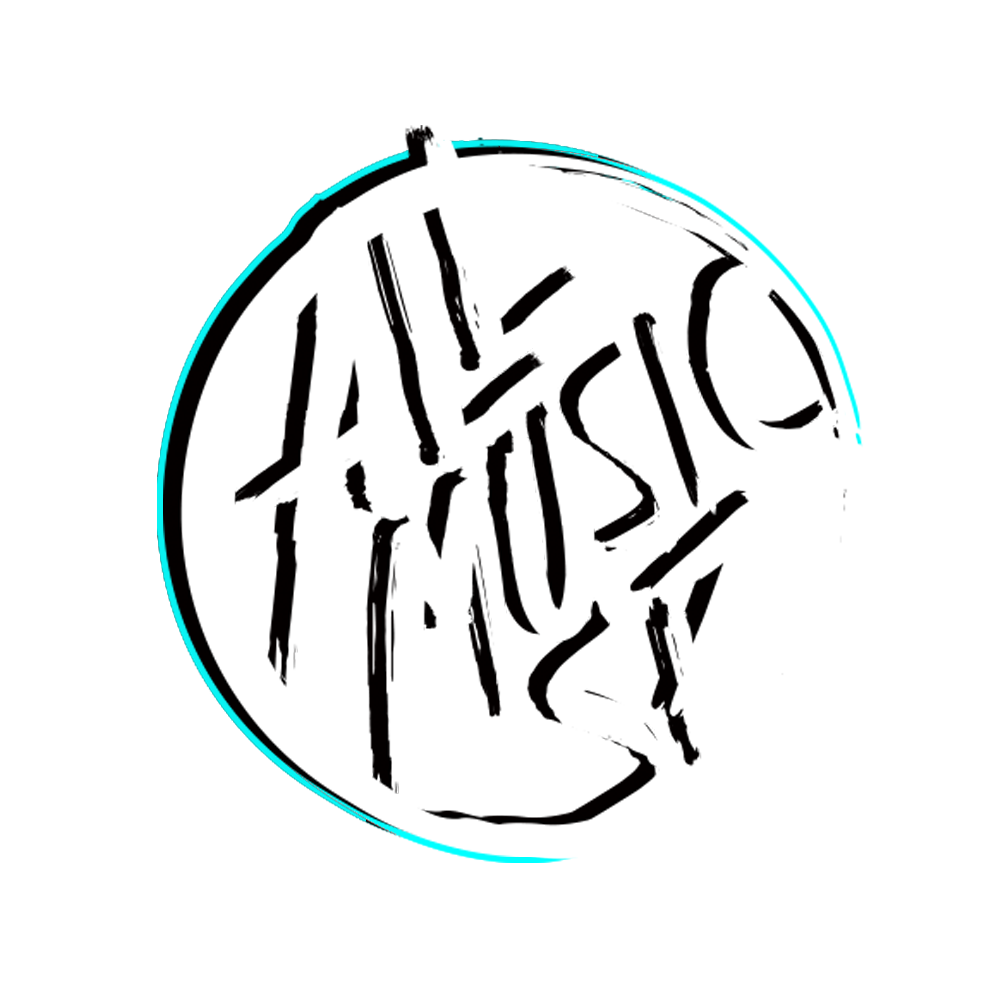Así suena lo nuevo de Julian Calor Si has hecho los deberes este verano y estuviste en la legendaria edición digital …
Tag:
Julian Calor
-
-
Julian Calor: «Me costó como unos 5 años trabajar y coger la confianza suficiente para mandarle mi música a sellos grandes» …
